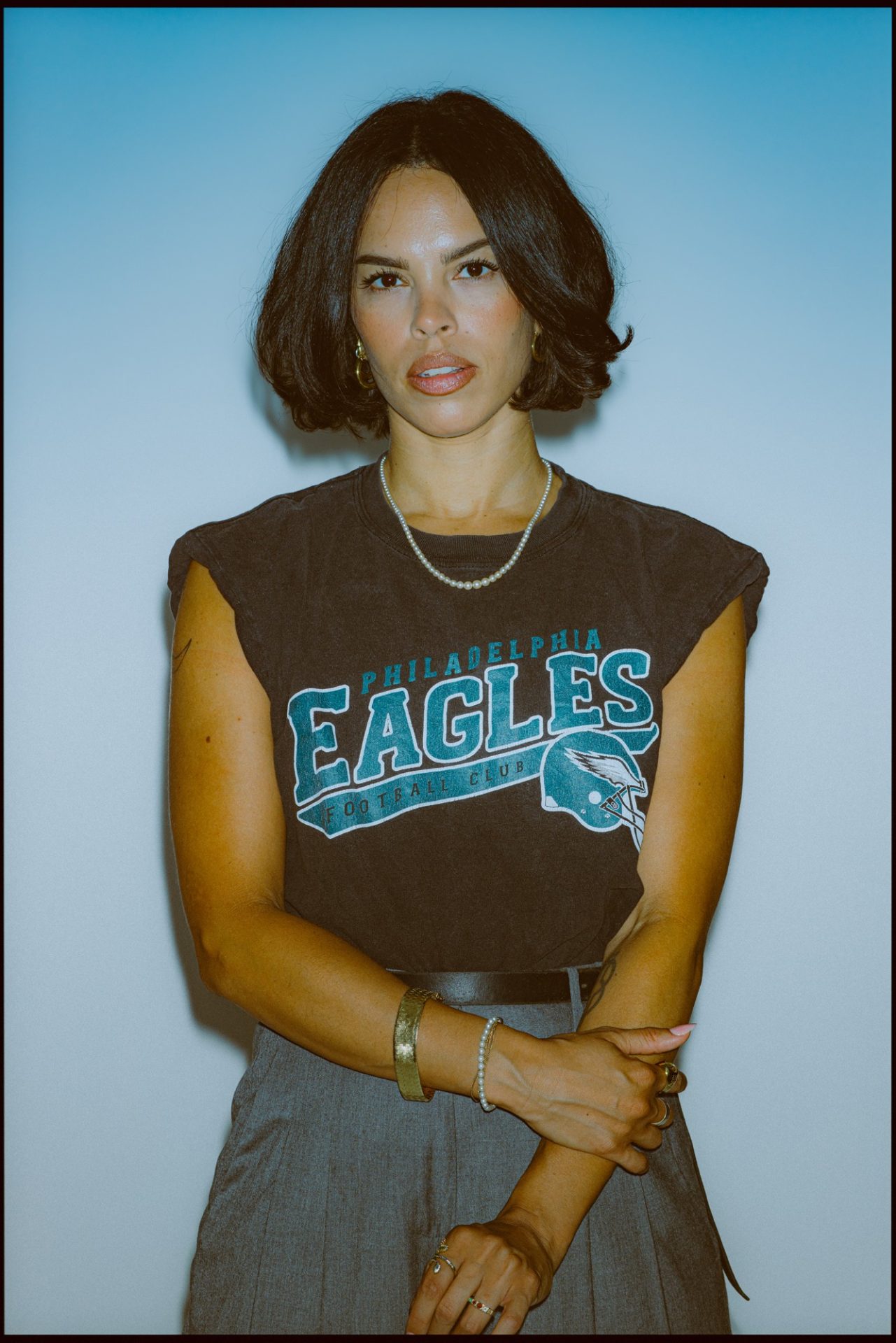After a long discussion I once had with my father, he – a practicing buddhist – told me that buddhist philosophy believes that the strongest connection a human will carry through life, is the one they have with their parents. And although on first thought it seems to me that there might be a truth to this, I still find it difficult to not feel stung by this philosophy.
Do we always stay connected to the people who brought us to this life and/or raised us, regardless of the status of the relationship we have with them? Even if we don’t know them, or if they are no longer alive? Even if we were separated from them for political reasons? Even if we simply do not want to talk to them anymore because they are harmful to us?
On top of that, I find it difficult to understand which karmic relationship is meant by this logic, because I am not always sure what makes a parent. My case is rather simple. My biological parents, the ones I didn’t freely and consciously chose to be my parents, are also the people who parented me. In my best friend’s case, this is different. She was adopted, and whenever she talks about her parents, she means the people who parented her, but not the people who she is biological connected to – even if that family also wasn’t a chosen one.
Whenever I hear or read about finding a chosen Family and Community, I feel that the ability to realize that we can separate ourselves from toxic or harmful dynamics, and that we have a right to do so too, is always the center of the conversation. My father’s statement makes it seem, as if karma itself would watch us having these conversations in society and culture, while smirking because it knows that what we tell ourselves is not entirely possible to achieve. No emancipation, no separation, no hiding – forever bound together through a mutual, karmic past.
No emancipation, no separation, no hiding – forever bound together through a mutual, karmic past?
Regardless of all conflict and inflicted hurtful feelings – I love the family I didn’t choose and never felt a need to break away from anyone I was raised by and with. But the thought that I can extend my family by people who I choose to have in my life, always gave me a feeling of security and comfort. I don’t want to attach a hierarchy to the love I feel for my family, no matter if chosen or not. If karma however claims that there is an unbreakable connection between me and certain people, I feel pressured to do so.
And whenever I think about this, it is always that part that makes things tricky. I know that a person can have more than two parents, two fathers or two mothers or experience siblinghood without sharing any parents. I know that biological connection does not make family. Does karma know too?
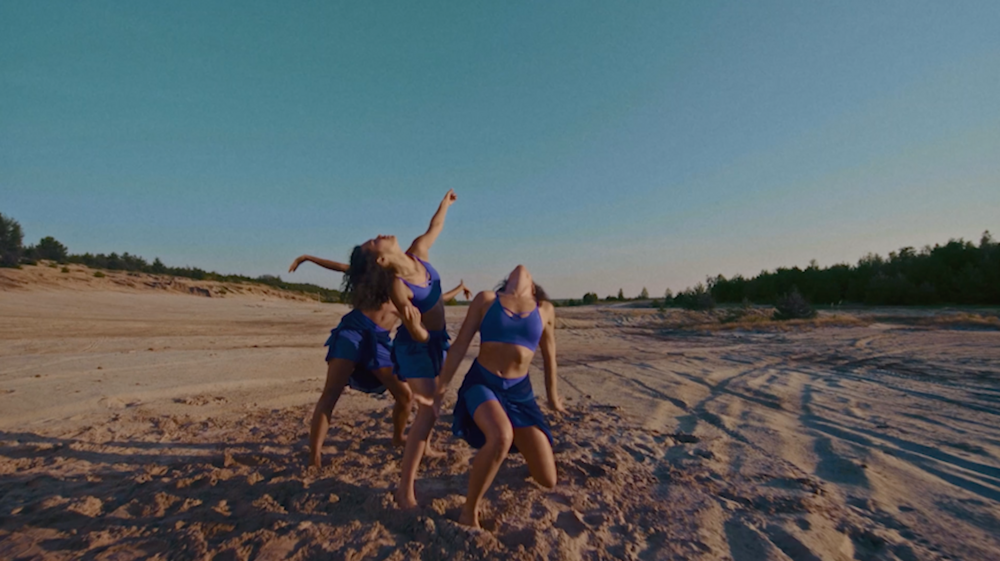
Thinking about what parenthood really means, can longer be avoided while riding the heteronormative wave.
If me and my partner would decide for parenthood, our child would have two mothers and only be biological connected to one of us. If there is such a thing as a karmic connection, I wholeheartedly believe that the child would feel it with the both of us.
Not only queer people who decide for parenthood are confronted with the need to deconstruct the eurocentric, catholic idea of what a family is supposed to be. But even though the picture-perfect family behind the white picket fence is one that seems unattainable even for hetero couples, and more likely to become true in the happy ending of a Disney movie than reality, queer people haven’t even had the chance to be included in this idea of perfection. Emancipating from this narrative feels like finally finding freedom for some, while for others it feels like the start of a deep identity crisis.
This sort of crisis isn’t one that is exclusive to queer people, but queer life realities will wash up the questions about beliefs in the regards of family way earlier than hetero life. Thinking about what parenthood really means, can longer be avoided while riding the heteronormative wave. But even cis-Hetero women and men will eventually get to a point in their lives, where they will have to ask themselves how and if they want to create family and what it would mean for them if they do not manage or want to fulfill the norm idea of what a family is supposed to be.
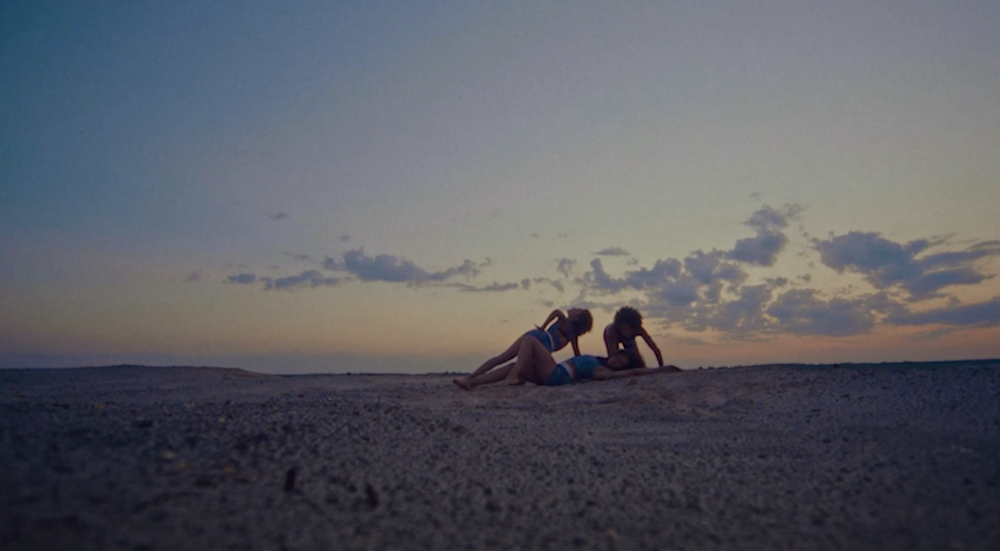
That confrontation quickly brings up existential questions. If I don’t belong to those who raised me, who’s child am I then? If I can’t or do not want to bring a child into this world, what does that mean for my position in society? How can I connect myself to a community outside of parenthood? How can I have a family of my own, if it doesn’t consist of a mother – father – child constellation?
What makes a family a family?
Discourse about the meaning of family is not just important for individual life in regards of mental health, wellbeing and social stability. In times of patch work families, divorces and a political system that is made for the kind of family that barely still exists, this conversation is one that society must have on a broader level. A human life is not made to be lived alone. We are not emotionally equipped to face this world by ourselves.
And apparently, we are not equipped structurally to face this world by ourselves either. I believe that many wish for a government that supports those relationships and family structures that actually exist in society instead of attaching systemic support to an idea of family that is not attainable for most.
Two single parenting friends, that vow to take responsibility for each other and their children, are not less of a family than we were taught to believe. Five seniors who decide to live together and take care of each other while their own children live all around the world, can become a family as well. And in all honesty, as a mother in Ballroom Culture, I would have often loved to receive some structural support on the quest of providing aid and guidance to the children in my community. Those I have decided to be responsible for but never gave birth to. The idea of family as a small and very private entity in which two adults are solely responsible of the life of their kids is a construct of north western society. It has led us towards a society which has gotten bad at creating communities of solidarity, and we are struggling with the absence of those.
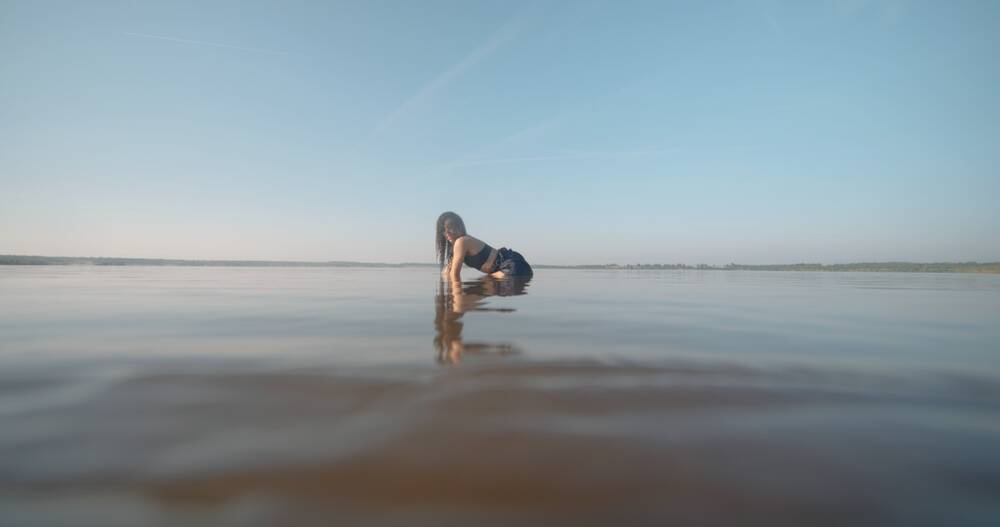

If we weren’t – we wouldn’t be on this constant quest of finding community and chosen families in the first place. All of us need support, understanding and compassion. If our surrounding fails to provide these things for us, we start to look for it elsewhere – hoping to finally find people who walk through life with us – people who are able to give us what we have been looking for.
The reproduction of family dynamics
When my path crossed of House of Melody’s – a “collective” from a subculture known as Ballroom – I indeed felt like I finally had arrived. The House, later known as the European Chapter of the House of Saint Laurent, was in its first steps of laying out infrastructure in Germany for a culture known predominantly through its vibrant and thriving scenes in New York City and Paris. I chose to become part of the group and made the healing experience of being chosen by them as well – a mutual decision which over the years in many aspects gave me the chance to unlearn things I viewed as difficult or harmful for myself and others – things I had been taught to believe or do. I also learned to believe and trust things, that hadn’t been part of my upbringing.

But over time I had to realize how somehow the role in my new chosen family and community, resembled more and more the exact same role I was given (or had chosen for myself) in my biological family. And as I was not the only member of the collective that somehow managed to reproduce their own unique family dynamic in this new chosen family – conflicts became emotional and led me to leave the House after seven years and shortly after created a near collapse of the Saint Laurent chapter in Germany. There it was again. Karma. Continued by all of us, even in our Family of choice.
And the end of the karmic song?
The disillusioning experience of realizing that the perfect family doesn’t even exist if I choose it myself, was painful. It felt like a failure to not have been able to overcome certain aspects of my childhood that played a part in the group falling apart.
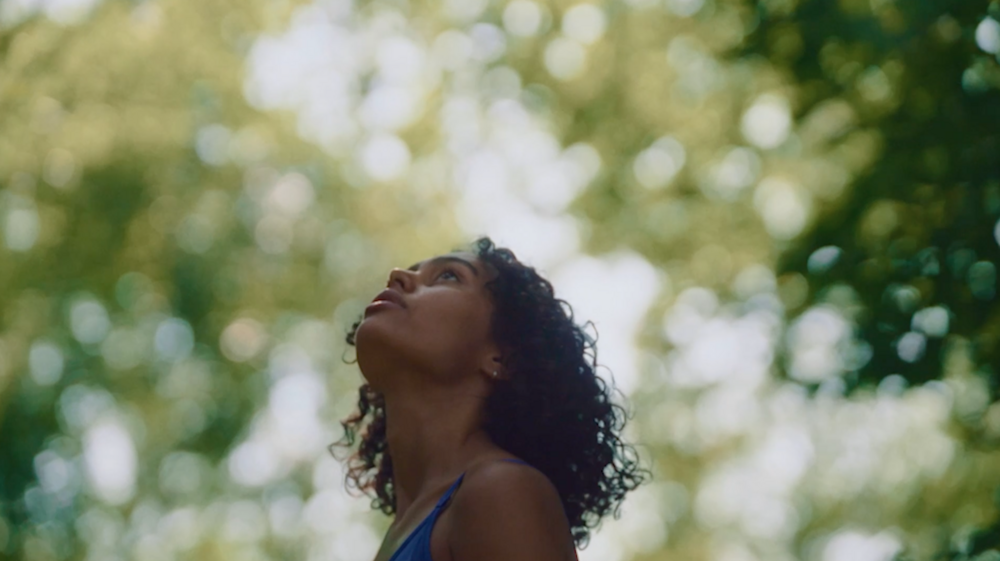
But maybe pain is part of the karmic game, and maybe pain could be viewed as something that is allowed to exist and doesn’t always constantly have to be avoided. Maybe some acquired personality traits and beliefs do not have to be either good or bad – maybe they can just be what they are. I for myself start to see beauty in some of them. And accepting those parts of me that made me cringe about myself, also means to become more accepting of the people who parented me.
That means that a sort of special connection between those who parented us and ourselves does exist. But maybe this connection is not exclusive to those relationships that are immediately identifiable as parent-children relationships, and can also count for those that we created for ourselves. And maybe the accumulation of family karma doesn’t only happen around the circumstances that we were born into, but also where we consciously decided to exist. Maybe healing the relationships that impact us can sometimes be more sustainable than trying to simply replace them with something new. At the end of the day – both can be very painful. It is important to feel agency while making the choice of either healing our relationships or to move away from them – unchosen and chosen family alike.
But maybe this connection is not exclusive to those relationships that are immediately identifiable as parent-children relationships, and can also count for those that we created for ourselves.
